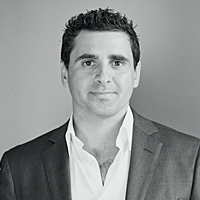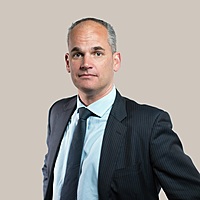How to pick growth stocks that will keep on winning
Nick Griffin, the founding partner and Chief Investment Officer at Munro Partners, is a self-described "growth" investor. In a world where labels are often confusing and unnecessary, he explains how equities differ from other asset classes in the sense that most other asset classes "mean revert" to a certain degree.
In the equities game, stocks can rise by thousands of per cent, yet only fall 100 per cent. And while plenty more fall by 100 than rise by 1000, the stocks in the latter camp are invariably "growth" stocks.
As Nick sees it, the beauty of growth equities, and stocks in general, is that the information dissymmetry between the market participants is so much bigger than it is in other asset classes, given there are so many different variables at play.
These are what enable growth investors to discover great investments.
In this engaging discussion, Nick explains why it is "asymmetrically" in investors' interest to own equities, and that if they can identify those stocks that are benefitting from the structural changes that are happening all around us every day, they will "win".
As he says in this important takeaway from market history:
"The key lesson … is when you find these big structural winners, they generally keep winning for long periods of time."
Key Points
- What it truly means to be a growth manager
- "S-curves": what they are and why they're important
- How to tell structural winners from losers
- How "structural losers" feed into Nick's short positions
- Where to now for Netflix as new threats emerge
- Nick's outlook for US earnings at this stage of the cycle
- The biggest changes to Nick's portfolio in the past 12 months
- The most exciting growth prospect Nick has come across recently
Available to watch or listen
Watch the video below or access a podcast of the discussion on Soundcloud or on Apple Podcasts.
Want to learn more?
Of the 20,000 listed corporates in the world, many profess to be growing, but only a small portion actually grow independently of the broader economic cycle. We focus on the simple task of identifying and investing in these companies that have the potential to grow at a faster rate and on a more sustainable basis than the peer group. Click contact below to find out more.
5 topics
1 contributor mentioned



